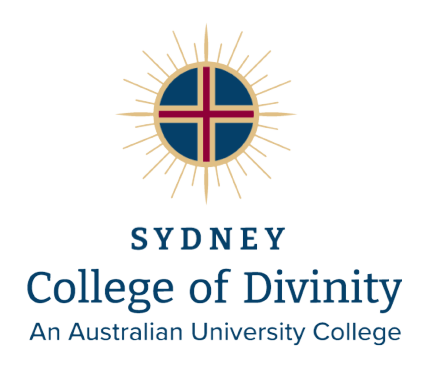W7110 – Ancient & Early Medieval Philosophy
Unit Code
W7110
Unit Name
Ancient & Early Medieval Philosophy (undergraduate)
Unit Weighting
9 Credit Points
Type of Unit
Foundational
Prerequisites, corequisites or exclusions
Nil
Academic Staff
Dr. Samuel Kaldas: BA Hons (USyd), Grad Cert Theology (SAGOTC), PhD (USyd)
Curriculum Objectives
“Philosophy is the handmaiden of theology.” An understanding of the methodology of philosophy in general is an invaluable aid to the study of all other disciplines, especially theology, exegesis and engagement in apologetic discourse. An understanding of ancient and early medieval theology is an invaluable foundation for understanding the first Christians, the Church Fathers and their intellectual world.
This course unit provides an introduction to philosophy for graduate students, by considering its origins in Greek philosophy and its encounter with Christian thought during the early Middle Ages. Students will also be introduced to the nature of philosophical inquiry, to several key texts and to methods of argumentation. They will gain a sense of the history of ideas.
Learning Outcomes
1. Recognise some of the main ideas of the ancient and medieval periods
2. Appreciate the transformation in philosophical thinking that occurred during the early centuries of the Christian period
3. Read a philosophical text of reasonable difficulty
4. Write a philosophical essay
5. Apply ideas gained from reading in speech and writing
During this course unit, students may acquire the following threshold concept. This concept is fundamental to a proper understanding of the unit or course. It is essential for further progress in the discipline. It is often troublesome for students.
6. The distinction between philosophy and theology; transformation of ideas.
Content
- Introduction and overview of the period
- Close reading of at least one significant work of the period such as Boethius‘ Consolation of Philosophy
- Reading of shorter excerpts of authors such as Plato, Aristotle, Epicurus, Augustine, Anselm and Averroes
- Structured conversations around these readings
- Tracing the development of ideas such as God, virtue, fortune and nature during the period
- Basic principles of rhetoric and philosophical discourse
Unit Weekly Schedule
| Week 1 | Introduction |
| Week 2 | The Church Fathers and Philosophy |
| Week 3 | The Presocratics |
| Week 4 | Socrates |
| Week 5 | Plato: Reality and Illusion |
| Week 6 | Plato: Death and Immortality |
| Week 7 | Aristotle: Souls, Essences and Energies |
| Week 8 | Stoics |
| Week 9 | Other Greek (& Roman) Schools |
| Week 10 | Coptic Philosophers |
| Week 11 | Arabic Philosophy |
| Week 12 | Scholastics |

